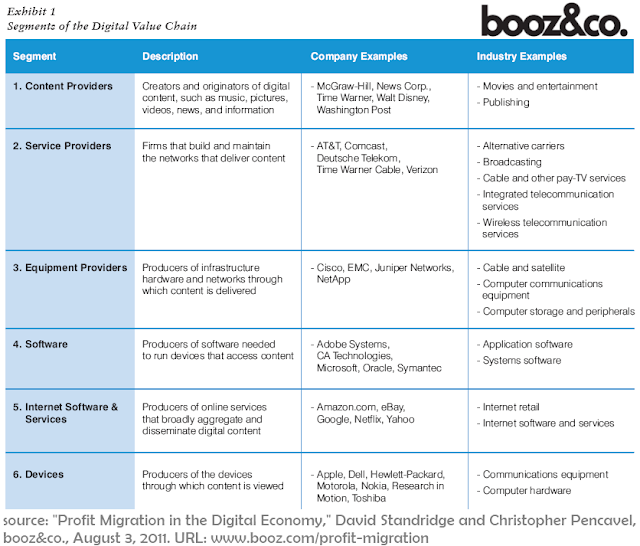Conversation Between Reed Hastings and Michael Eisner (Feb 2010)
Here's a really good video from 2010 of a conversation at Churchill Club between Reed Hastings and Michael Eisner. Michael Eisner is the former CEO of Walt Disney and, although he is a bit past his peak and semi-retired, he is still worth listening for his experienced views. Reed Hastings is the CEO of Netflix (NFLX) and although considered by some to be the worst CEO of the year (for some strategic blunders), I still think he is one of the top CEOs in Silicon Valley. I am always impressed with Hastings and I think he is sort of like a Bill Gates, in that he is a visionary who understands not just technology but the business environment. A lot of topics are covered in this discussion: technology, media, entrepreneurship, public education, corporate culture, you-name-it. I highly recommend it if you are interested in any of those topics . There are a lot of interesting issues discussed, including, compensation for executives, Netflix's unlimited-vacation policy, how the






